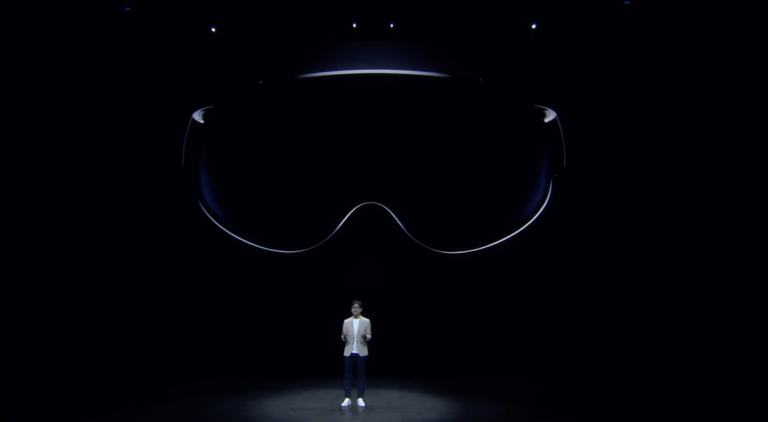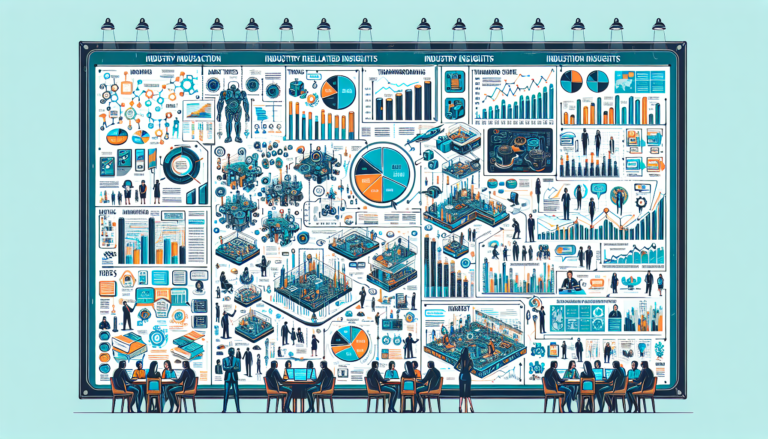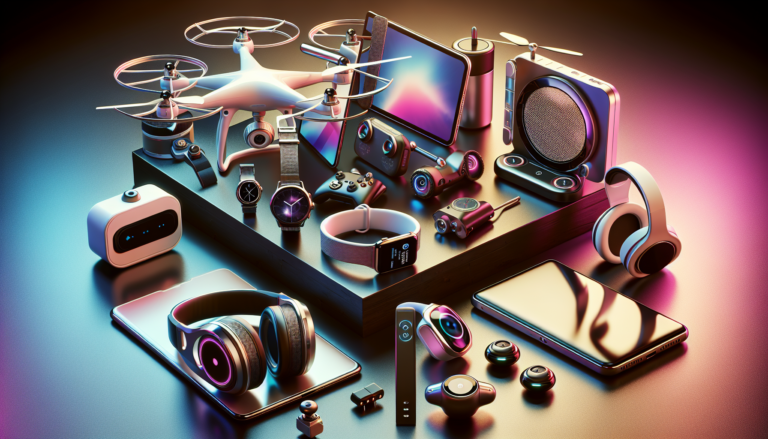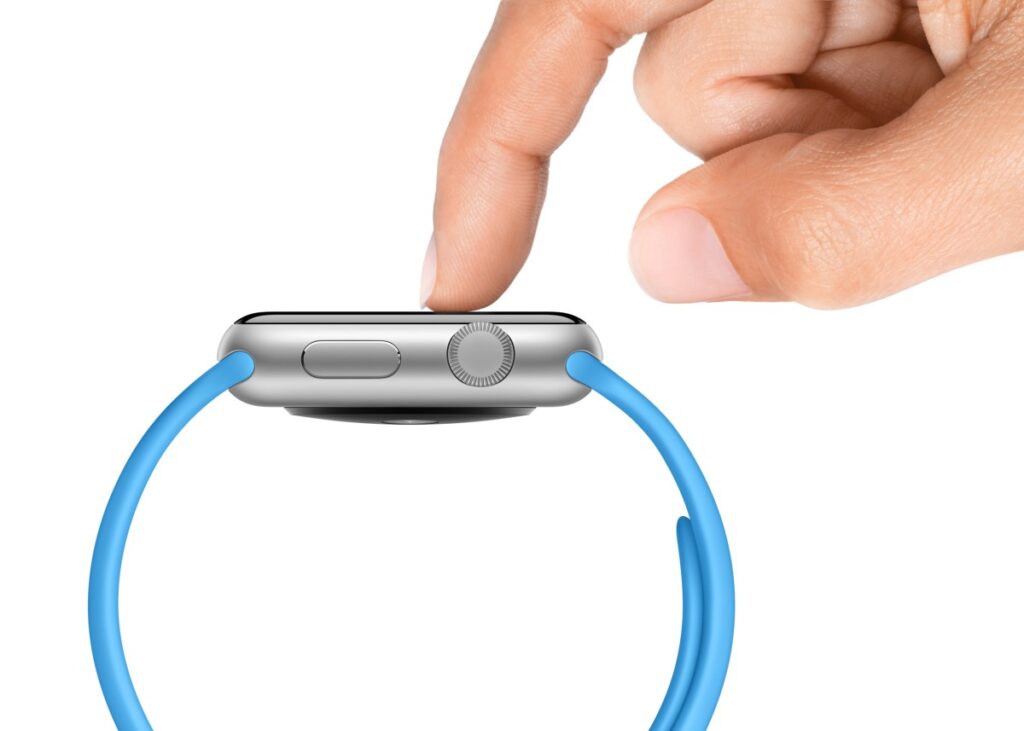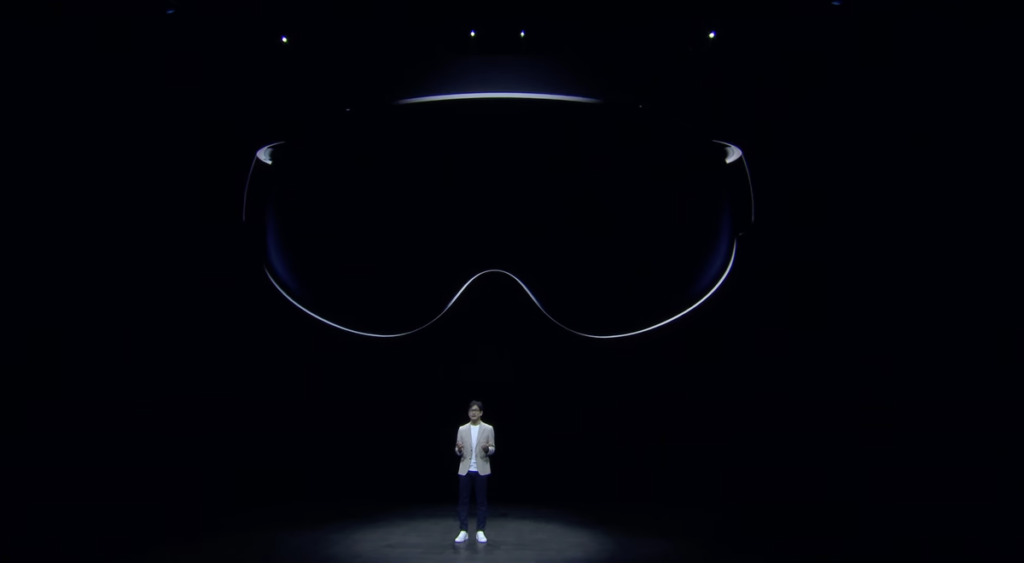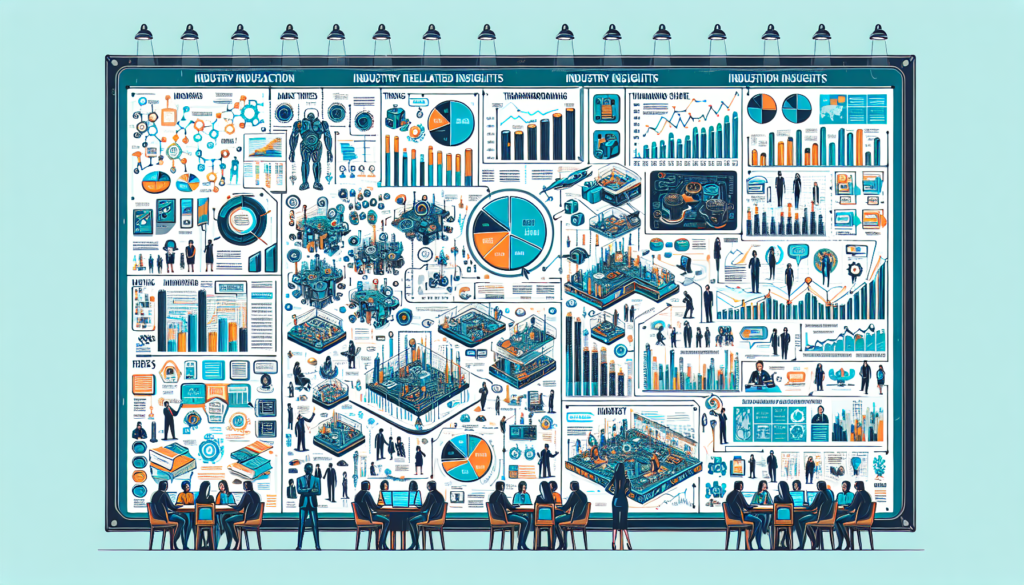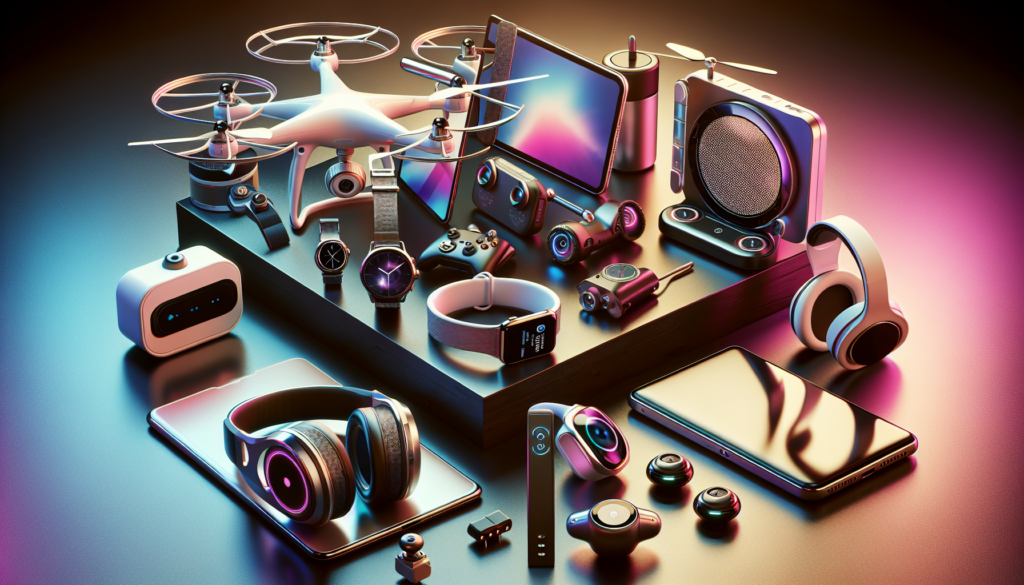Understanding the Basics of PC Gaming
Before diving deep into the world of PC gaming, it’s essential to familiarize yourself with the fundamental concepts. Knowing the basics can significantly enhance your overall gaming experience. Start by understanding the different genres of games, such as first-person shooters (FPS), role-playing games (RPGs), strategy games, and more. Each genre has its own unique mechanics and strategies, so take time to explore various options.
Furthermore, getting comfortable with your gaming hardware is crucial. This includes your mouse, keyboard, and monitor settings. Invest in a high-quality gaming mouse and keyboard, as they provide better precision and responsiveness. Adjust your monitor settings, such as refresh rate and resolution, to optimize your visuals and performance. Understanding how these components work together can give you a competitive edge.
Setting Up Your Gaming Environment
Creating an optimized gaming environment is vital for enhancing your skills. Start by ensuring you have a comfortable setup that allows you to play for extended periods without discomfort. Consider investing in an ergonomic chair and desk to maintain good posture.
Lighting plays a significant role in your gaming experience as well. Soft ambient lighting can reduce eye strain during long sessions, while strategic lighting can enhance your focus. Position your monitor in a way that minimizes glare from windows or overhead lights. Additionally, ensure that your gaming space is well-organized and free from distractions, allowing you to concentrate solely on your game.
Mastering Game Mechanics
Once you’re comfortable with the basics and your environment, it’s time to delve into mastering game mechanics. Each game has its own set of rules and mechanics, and understanding them can drastically improve your performance. Spend time in the tutorial or practice modes to familiarize yourself with the controls, character abilities, and game objectives.
After grasping the basics, focus on refining your skills through consistent practice. Use aim trainers or practice maps to enhance your aiming accuracy and reflexes. For games that require strategic thinking, take time to analyze your gameplay and learn from your mistakes. Watching replays of your sessions can help identify areas for improvement, whether it’s your positioning, timing, or decision-making.
Learning from the Community
The gaming community is a treasure trove of knowledge, and engaging with it can be incredibly beneficial to your skill development. Join forums, Discord servers, or social media groups related to your favorite games. These platforms often have discussions about tactics, strategies, and updates that can provide valuable insights.
Don’t hesitate to ask questions or seek advice from more experienced players. Many gamers are more than willing to share their tips and tricks. Additionally, watching live streams or recorded gameplay from skilled players on platforms like Twitch or YouTube can offer new perspectives on how to approach challenges within the game.
Setting Goals and Tracking Progress
To level up your gaming skills effectively, setting specific goals is essential. Whether you aim to improve your ranking, unlock certain achievements, or simply become more proficient in a particular game, having clear objectives can keep you motivated.
Use a tracking system to monitor your progress. This could be as simple as keeping a journal or using apps that log your gameplay statistics. Regularly reviewing your performance will help you identify strengths and weaknesses, allowing you to adjust your practice regimen accordingly. Celebrate your achievements, no matter how small, as they can serve as motivation to keep pushing forward.
Emphasizing Teamwork and Communication
In many PC games, especially multiplayer ones, teamwork and communication are key components to success. Learning how to effectively communicate with teammates can drastically improve your gameplay experience and outcomes. Use voice chat or in-game communication tools to coordinate strategies, call out enemy positions, and share resources.
Developing good teamwork skills also involves understanding your role within a team. Whether you’re a support player, damage dealer, or tank, knowing your responsibilities can help your team function harmoniously. Practice being adaptable; if your team is struggling, be willing to change your strategy or playstyle to better support your teammates.
Investing in the Right Gear
While skill and practice are paramount, having the right equipment can enhance your gaming experience. Start by ensuring your PC meets the technical requirements of the games you play. This might involve upgrading your graphics card, increasing RAM, or optimizing your storage solutions.
Invest in peripherals that suit your style of play. A mechanical keyboard can improve your response times, while a high-DPI gaming mouse can enhance your precision. Additionally, consider using a gaming headset with good sound quality, as hearing in-game sounds can provide crucial information about your surroundings.
Utilizing Game Settings and Customization
Every game comes with a variety of settings that can be tailored to suit your preferences and optimize performance. Spend some time adjusting the graphics settings to find the right balance between performance and visual quality. Lowering certain graphics options can improve frame rates, which is especially important in fast-paced games.
Customizing your controls is another critical aspect. Many games allow you to remap keys, which can enhance your comfort and efficiency. Find a configuration that feels intuitive for you, and practice until it becomes second nature. Don’t be afraid to experiment with different settings to discover what works best for your play style.
Taking Breaks and Maintaining Balance
As passionate gamers, it’s easy to get lost in long sessions. However, taking regular breaks is essential for maintaining focus and preventing burnout. Implement the 20-20-20 rule: every 20 minutes, take a break for 20 seconds and look at something 20 feet away. This practice can help reduce eye strain and maintain your overall health.
Balancing gaming with other activities is equally important. Make time for physical exercise, social interactions, and other hobbies. Engaging in diverse activities can refresh your mind and enhance your gaming skills by improving your overall well-being.
Analyzing and Adapting Strategies
As you progress in your gaming journey, it’s crucial to analyze and adapt your strategies. Pay attention to the tactics used by top players and consider how you can integrate them into your gameplay. Study different strategies for various scenarios—whether it’s attacking, defending, or resource management.
Utilize resources like guides and strategy videos to learn about advanced techniques. The more knowledge you gain, the more adaptable you’ll become. Being flexible in your approach allows you to respond effectively to changing game dynamics and opponents’ strategies.
Participating in Competitions
Once you feel confident in your skills, consider participating in competitions, whether they are local tournaments or online events. Competing against others can provide invaluable experience and help you gauge your skill level. It also offers an opportunity to meet other gamers, learn from them, and possibly make new friends in the community.
Prepare for competitions by practicing under pressure. Simulate tournament conditions during your practice sessions to get accustomed to the stress and excitement of competitive play. This preparation can help you stay calm and focused during real competitions.
Embracing a Growth Mindset
Finally, embracing a growth mindset is essential for leveling up your PC gaming skills. Understand that improvement takes time and effort, and setbacks are a natural part of the learning process. Instead of viewing mistakes as failures, treat them as opportunities to learn and grow.
Stay curious and open to new strategies and techniques. The gaming landscape is constantly evolving, with new games and updates regularly introduced. Keeping an open mind will allow you to adapt to changes and continue improving your skills in the long run.


